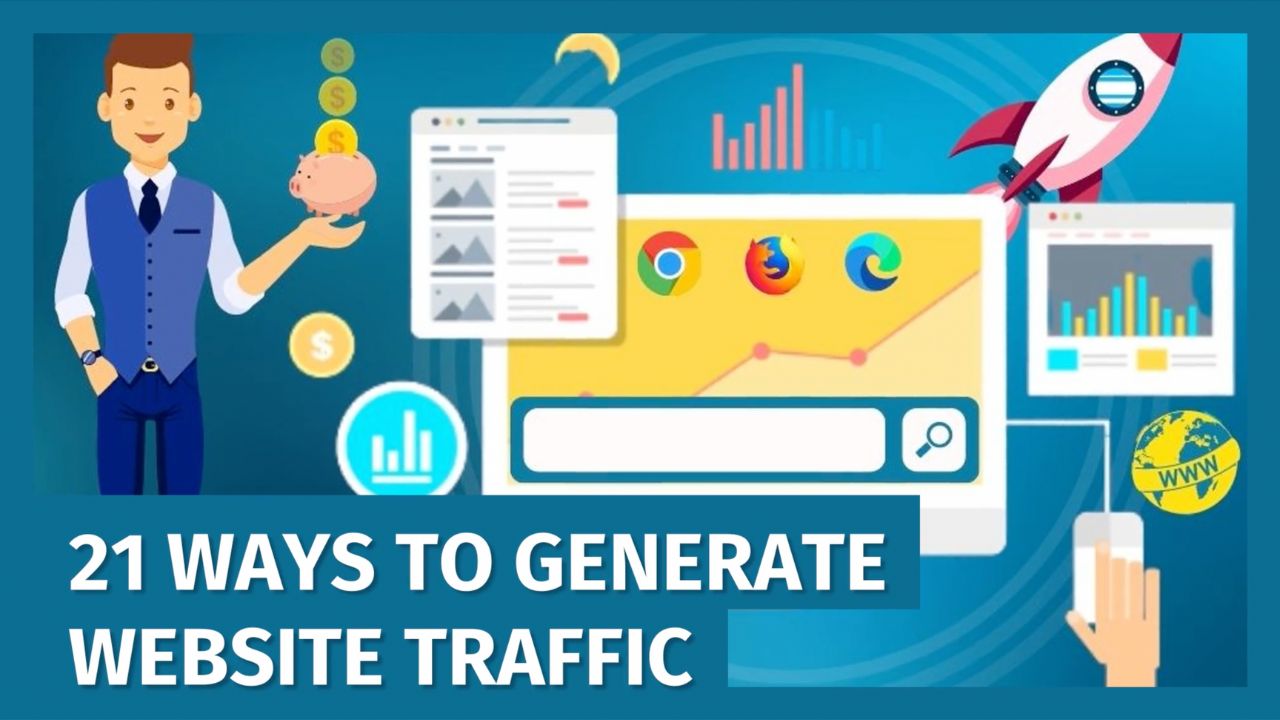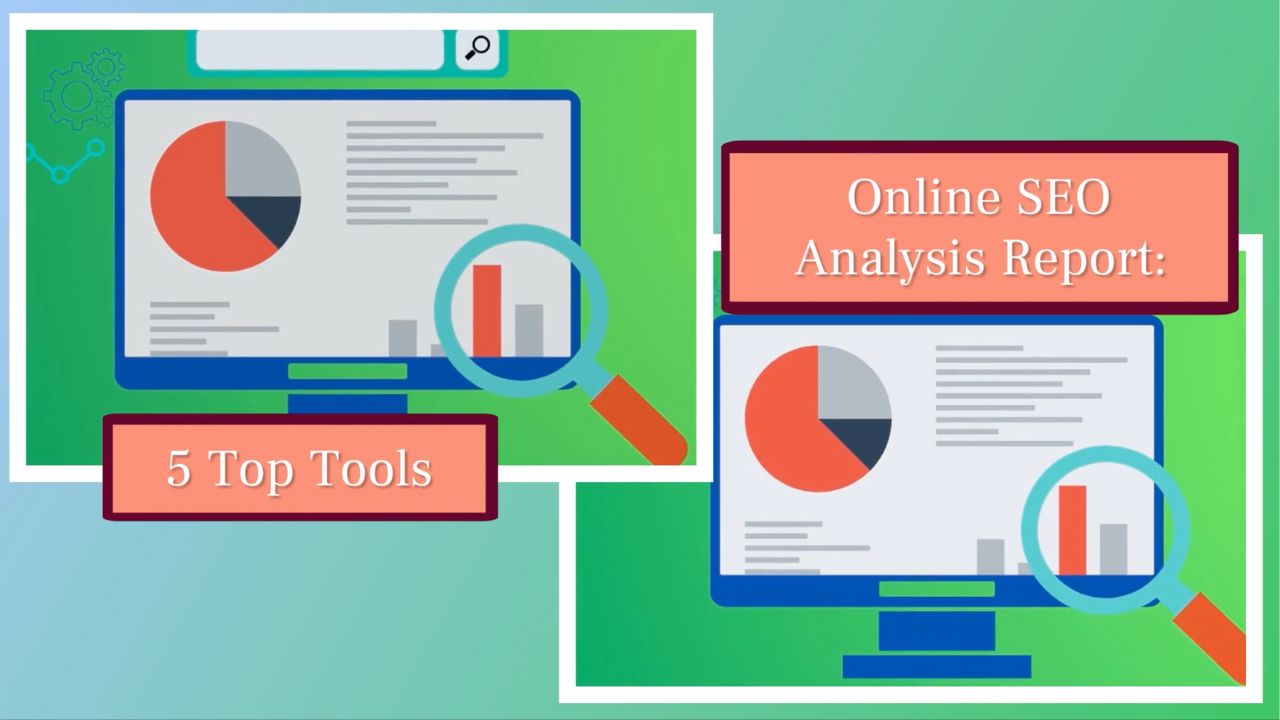How can something as simple as a hashtag help business growth?
While seemingly simple, hashtags are powerful tools that can be used to:
- Increase visibility with target audiences
- Connect with customers.
But getting the most out of them means employing the right strategy.
When you intentionally use hashtags for business growth, you impact:
- The reach of your posts
- The engagement levels they attract
- The success of your social media activities as a whole, in terms of growing your online presence and adding to your bottom line.
But how do you know which are the most effective hashtags for business growth?
That’s what this post explores, including:
- Choosing the right hashtags for different social platforms
- Creating a successful hashtag strategy
- Tracking the performance of your hashtags over time.
But first, let’s find out more about what hashtags actually are, and why using them is important for business…
What are Hashtags, Anyway?
A hashtag is a keyword or phrase (with spaces removed) preceded by the hash symbol (#), and used on social media platforms to help categorize and make your content discoverable.
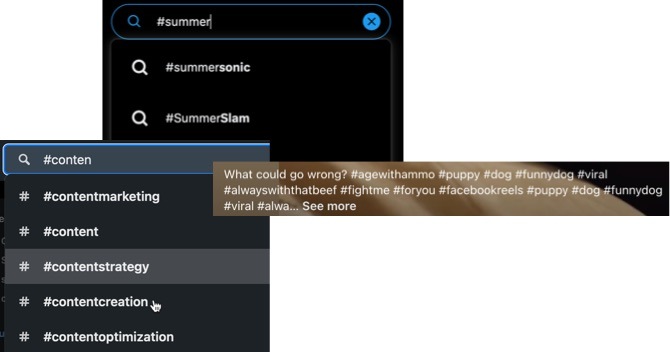
On most platforms, when users click on a particular hashtag, it enables them to follow related topics and discussions, thereby enabling them to better discover your content, which helps to increase the engagement and reach of your posts.
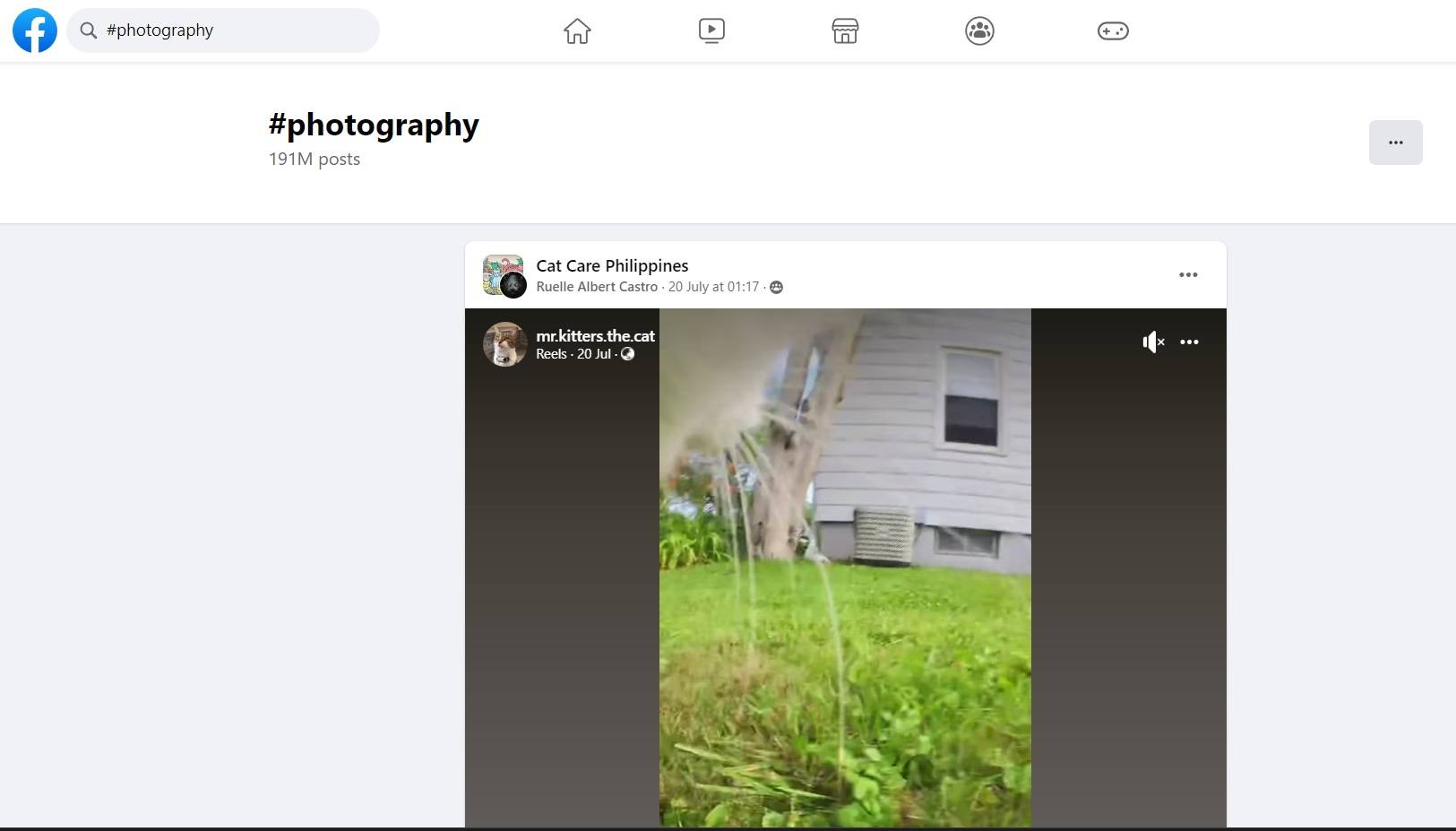
A hashtag can be general, like #food or #photography. Or, it can be unique to your brand, like a business name or a special campaign.
Do hashtags really help your business grow? While simple to use, they help you increase visibility, connect with customers, promote events, and more!Click To Post OnBut where does the concept of a hashtag actually come from?...
A Brief History: Where Did Hashtags Originate?
The hashtag symbol, also known as the pound sign (#), has been used for years in many ways, such as in computing and telecommunications.
But its use as a way to group topics on social media started on Twitter (since rebranded as X in 2023). In 2007, a social technology expert named Chris Messina suggested using the pound symbol for group-related discussions and tweets.
Since then, hashtags have become a cultural phenomenon, adopted by multiple other social media platforms.
Why Are Hashtags Important for Business Growth?
Use of appropriate and relevant hashtags can help make your posts visible to people who may be interested in your content but may not otherwise come across you.
This interest in your content can lead to them then following you and over time becoming interested in the products or services your business offers.
In other words, hashtags help attract new prospects and customers, and help grow your business, without being overtly sales-y.
You can use hashtags to:
- Engage with a community of people interested in particular topic areas
- Join larger conversations that are relevant to your industry
- Analyze competitors, giving you valuable insights into your competitors’ strategies, as well as what's trending and how you can differentiate your brand
- Promote events, such as by creating a unique hashtag for an event to help generate buzz and excitement, enabling people to follow updates and participate in discussions, and thereby increase your online footprint and overall reach.
Essentially, a hashtag represents a core idea within your content, enabling people to know at a glance what your post is all about, while making it easier for users to find your posts and engage with them.
In brief, if you want more attention and engagement with your posts… use hashtags!
Selecting the Right Hashtags
Using hashtags won’t achieve very much if they attract the wrong type of person and have very little or nothing to do with your content.
Using hashtags won't do you any good if they attract the wrong people and don't relate to your content!Click To Post OnThe right hashtags to use with your social media posts are:
- Directly related to the post’s topic
- Easy to remember
- Generally already popular with the type of person you want to attract into your audience and to your business.
But what about using popular (or even trending) hashtags that have potentially large audiences, and less popular hashtags that reflect small niches?...
Popular vs. Niche Hashtags: What Works Better?
Which to use really depends on your objectives. First, let’s define them some more…
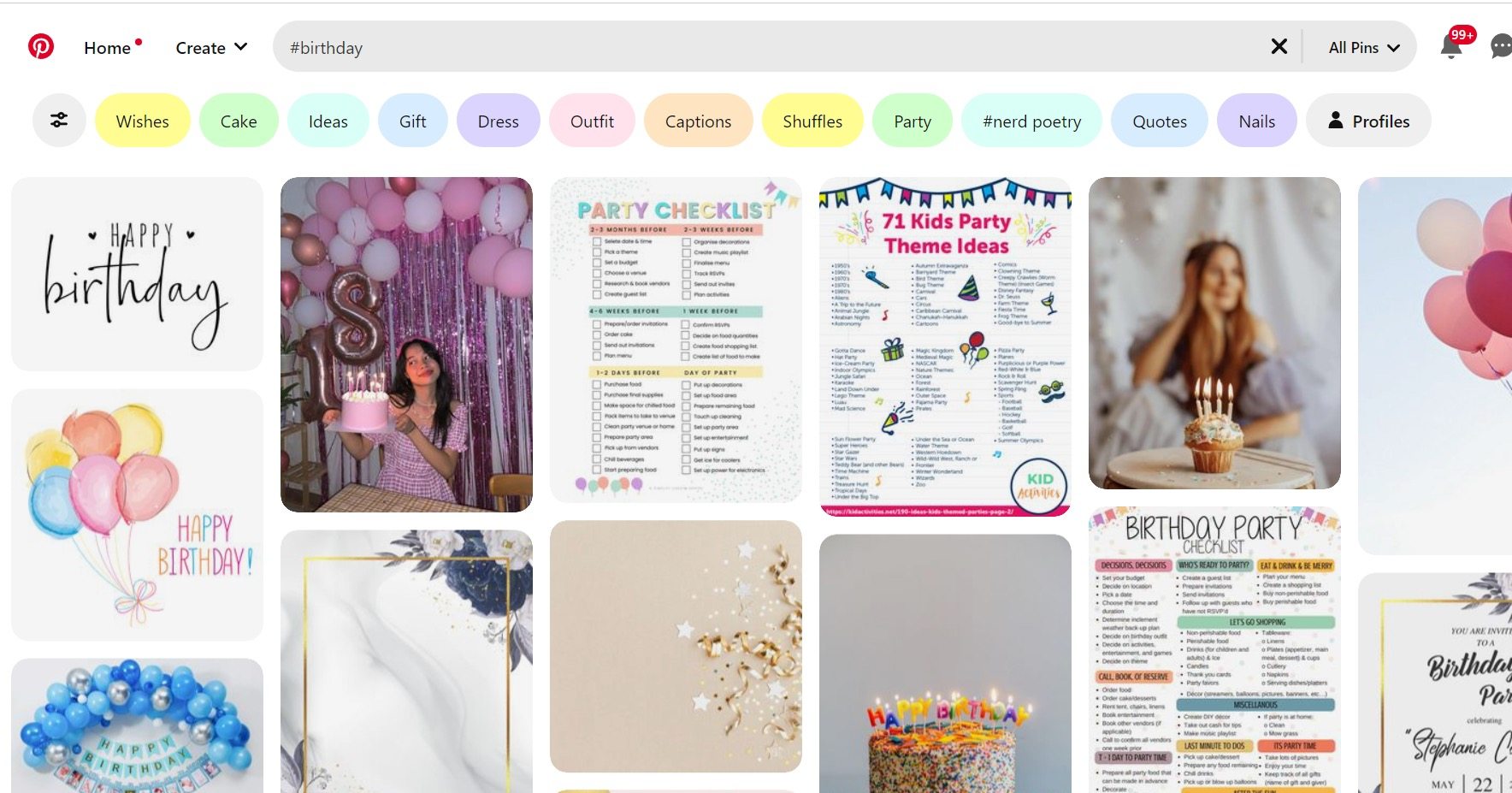
- Popular hashtags are frequently searched for, attract a broad audience and can help grow the reach of your content. However, they also come with heavy competition, which risks your content simply getting lost in the crowd, and they tend to be less specific, so may also attract people with little interest in what your business actually does…
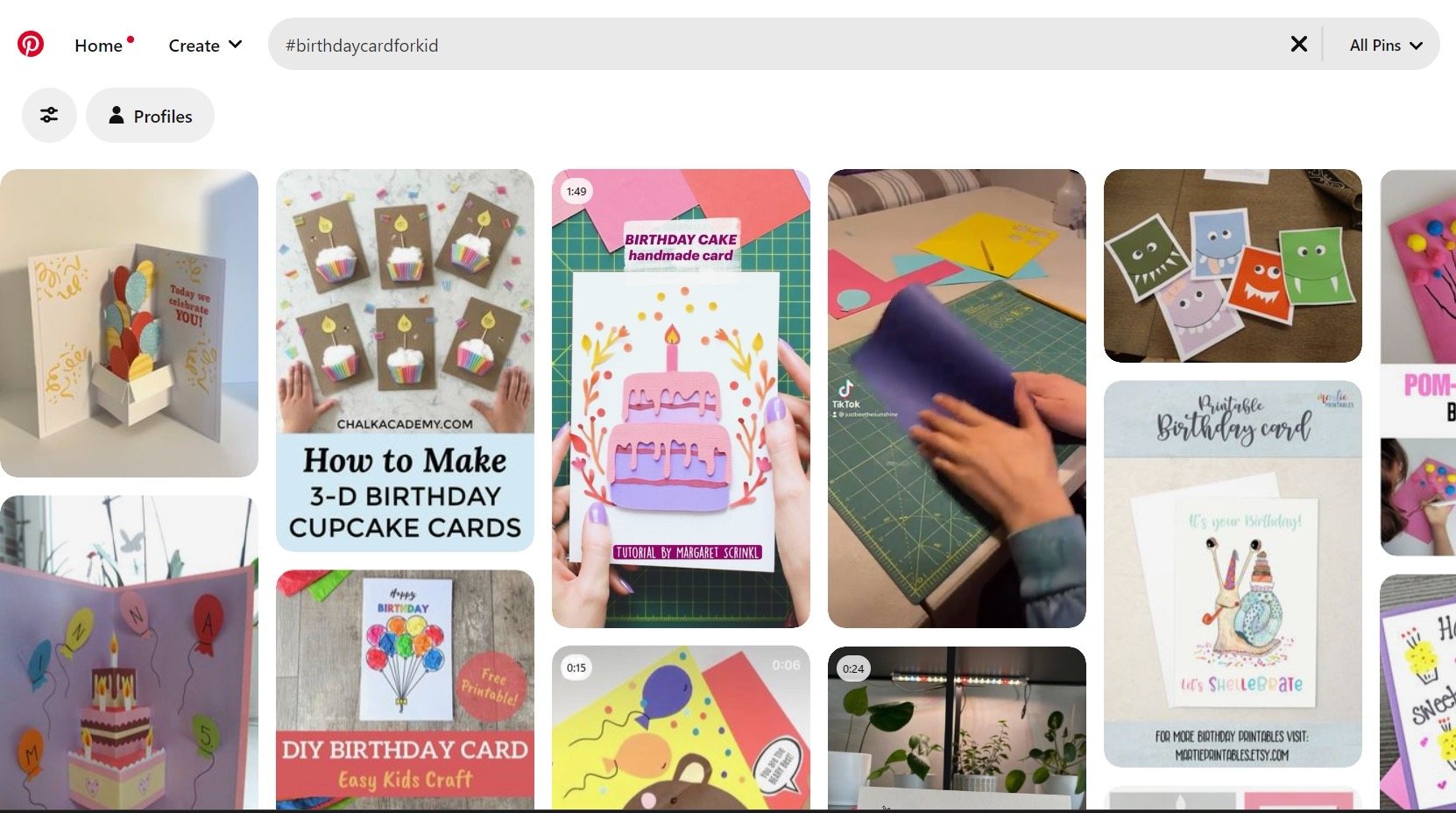
- Niche hashtags in contrast tend to be more specific and attract less competition. While they might reach fewer people than popular hashtags, the audience can be much more engaged with your topic or product.
Both types of hashtags have their advantages, so test them out and assess the impact (more on hashtag performance below!). A balanced hashtag strategy can give you the benefits of both broad reach and targeted engagement.
Which are the best hashtags to use for business growth? Use hashtags that appeal to your customer avatar and that are relevant to your content.Click To Post OnHashtag Strategy: Finding The Best Hashtags for Business Growth
Finding hashtags that work well for your business involves doing some research, including trend analysis.
Approach it by:
- Researching industry-specific hashtags—see what hashtags are popular in your business niche, including by checking out the hashtags used by competitors in your industry (particularly those they use repeatedly) to help you see what’s working.
- Maximizing hashtag tools like Hashtagify or Ritetag to help determine which hashtags are trending or popular…
- Choosing the right hashtags for individual platforms. One that works well on one platform may not work on another. So test out several hashtags over time and analyze your results (more on this below)...
- Leveraging trends—using trending hashtags can get you more attention, but make sure they fit your business…
- Developing your own branded hashtags—consider creating a unique hashtag for your brand or for a specific campaign. Doing so can create a buzz around your business…
- Using location-based hashtags, especially if you are a local business…
- Ensuring relevance—always use hashtags that match your post and your audience. Using irrelevant hashtags can turn people off.
Choosing the Right Hashtags for Different Platforms
Choosing the right hashtags is not a one-size-fits-all process. Here's how hashtags work across different platforms:
Facebook hashtags categorize conversations between users. This makes it easier for you to join discussions and use unique hashtags specified to your brand.
Avoid using too many hashtags in a single post - one to two is generally sufficient.
Instagram is where hashtags genuinely shine. It is an essential tool for discoverability, making posts accessible to all individuals who search for that specific hashtag.
The result? A broadened reach and market beyond your current followers. A blend of trending, niche, and branded hashtags can increase your Instagram following.
YouTube
On YouTube, hashtags can help increase visibility and grow your subscriber base. They aid in categorizing your content, making it discoverable to users searching for those particular topics.
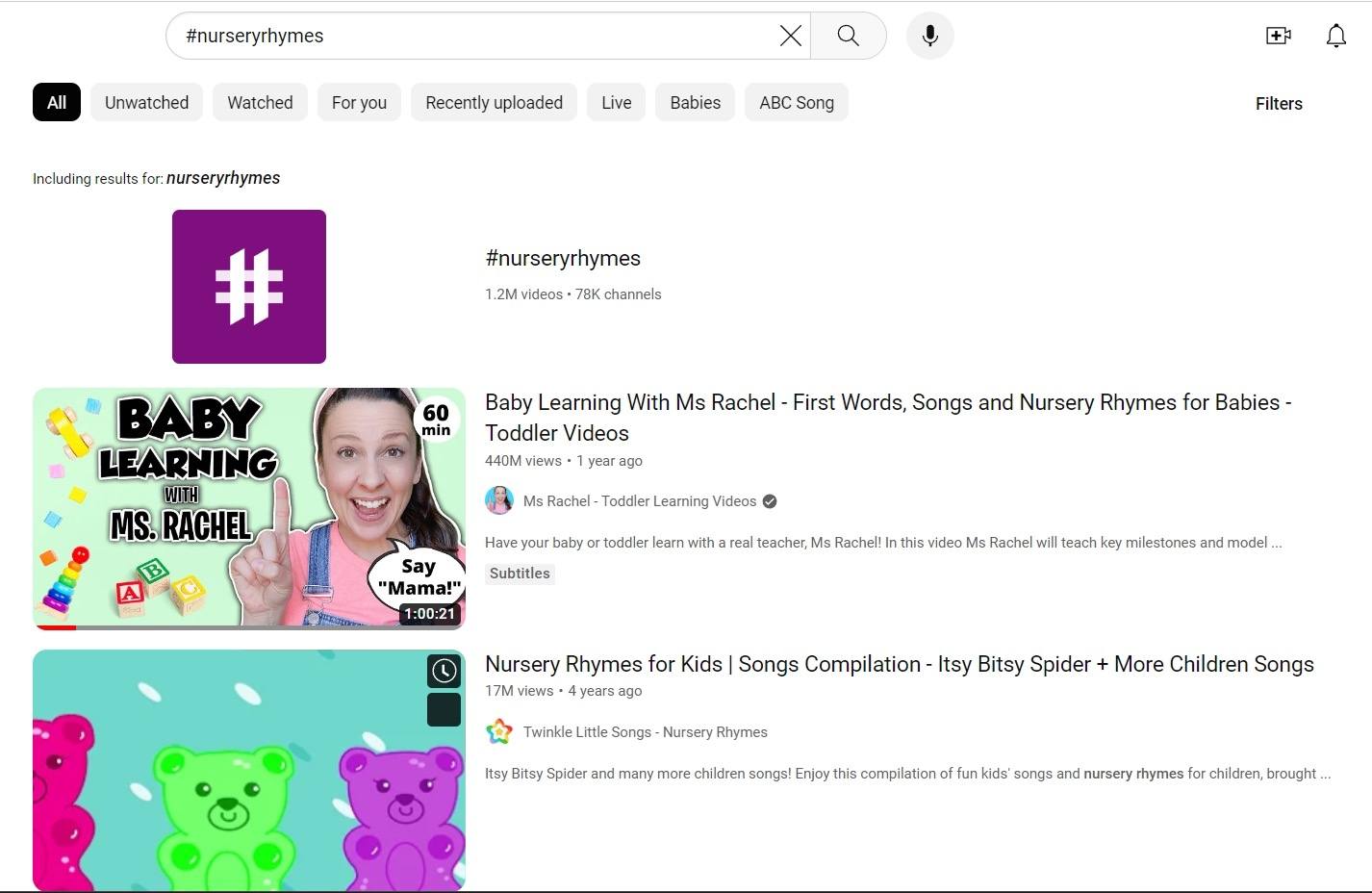
Trending hashtags can also help your videos appear in viral conversations, capturing the attention of larger audiences. Unique branded hashtags can give your channel a distinct identity, encouraging viewer engagement and subscriber growth.
Hashtags on LinkedIn work to categorize content by professional topics. They're added to LinkedIn updates and articles, wherein you can subscribe to specific hashtags for updates. For businesses, LinkedIn hashtags should be professional and industry-focused.
X (Twitter)
X (Twitter) is the birthplace of the modern hashtag, as mentioned above.
When you participate in trending conversations using relevant hashtags, you will likely engage users interested in those topics, converting them into followers and increasing your business growth.
TikTok
On TikTok, hashtags play a significant role in making content discoverable. Trending hashtags often have challenges or viral dances associated with them, which you can join to boost your visibility.
Pinterest uses hashtags for business growth to highlight the freshest content. When users search for a hashtag, Pinterest displays the latest pins using that tag. For businesses, this means your Pins using popular and relevant hashtags have a better chance of being seen.
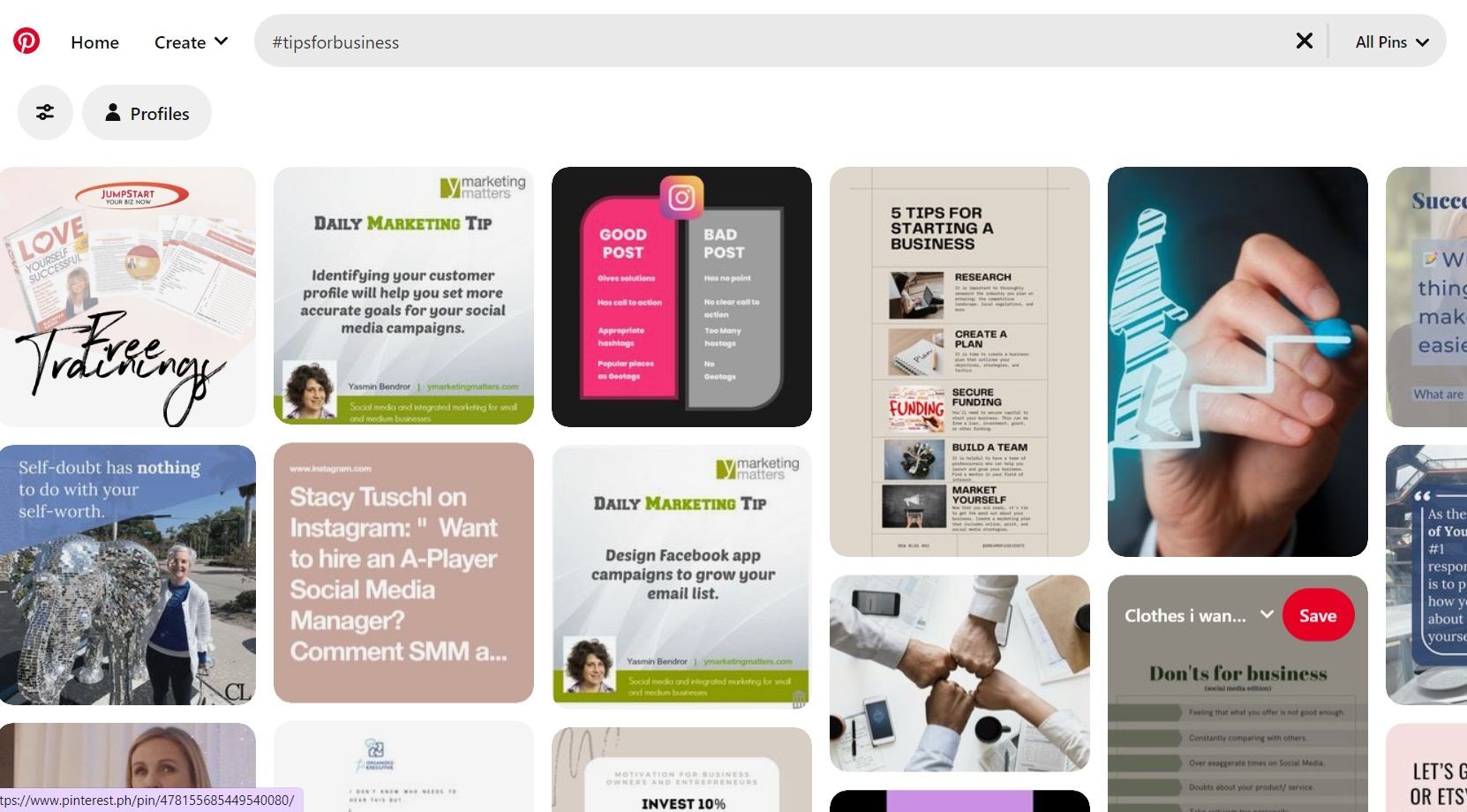
Pinterest recommends not using more than 20 hashtags per Pin. Using too many hashtags can look spammy, and the algorithm might lower your Pin's visibility.
Threads
Threads focuses more on personal connections, but using hashtags to your advantage is possible. The strategy is to use niche, hyper-specific hashtags related to your industry and product.
Tracking Your Hashtag Performance
Once you start using hashtags, you'll want to watch how they're performing. Here are a few tips:
- Monitor interactions—keep an eye on likes, comments, shares, and saves on your posts. Higher engagement usually means your hashtags are effective.
- Experiment with different hashtags—be bold and switch up your hashtags occasionally. Comparing performance can help you find what resonates best with your audience.
- Keep an eye on your competitors—see what hashtags businesses like yours use. If they get a lot of engagement, those hashtags may work well for you, too.
- Use appropriate analytics tools such as these for LinkedIn or these for Facebook.
Frequently Asked Questions
How can hashtags help with business growth?
Hashtags increase visibility, connect with customers, engage target audiences, and promote events.
What are hashtags and why are they important for business?
Hashtags are keyword phrases preceded by #, categorizing and making content discoverable, attracting new prospects without being overtly sales-y.
Which hashtags are best for business growth?
Choose hashtags directly related to post topics, easy to remember, and popular with your target audience.
How to select the right hashtags for different social media platforms?
Research industry-specific hashtags, use hashtag tools, choose platform-specific hashtags, leverage trends, create branded hashtags, and ensure relevance.
Why is it important to track hashtag performance?
Monitoring interactions, experimenting with different hashtags, analyzing competitor hashtags, and using analytics tools help refine your hashtag strategy.
To Conclude
Hashtags are more than just a trendy feature on social media. When used correctly, as detailed in this post, they're a powerful tool that can increase audience engagement and attract new prospects and customers.
However, finding the right hashtags for business growth is not a one-size-fits-all approach—remember to adjust your strategy for both your specific business, and the platform you’re posting on.
Finally, keep experimenting, find what works, and discover new hashtags that help attract your audience and grow your online visibility!
So, embark on this hashtag journey, and discover how this simple symbol can unlock new potential for your business.


